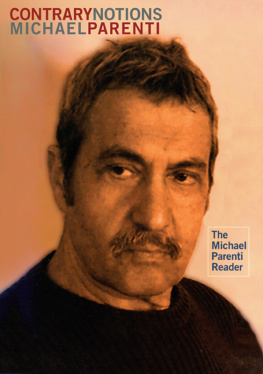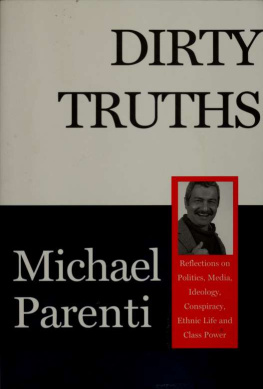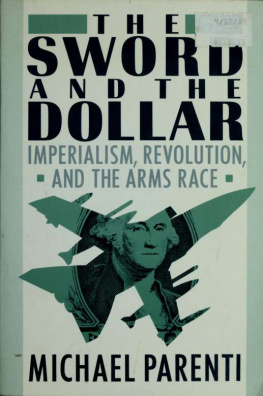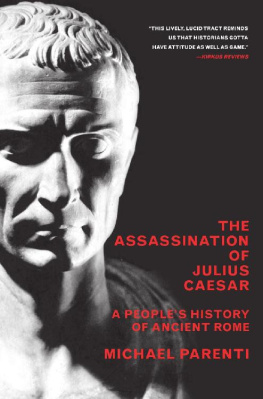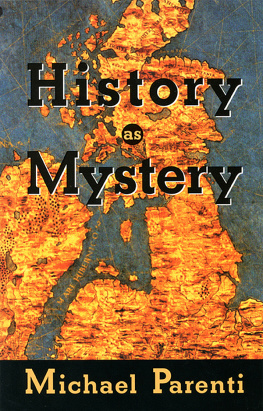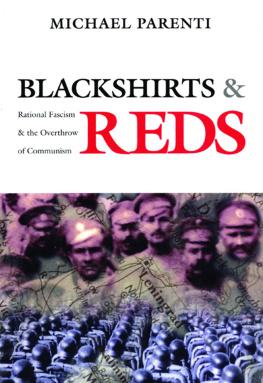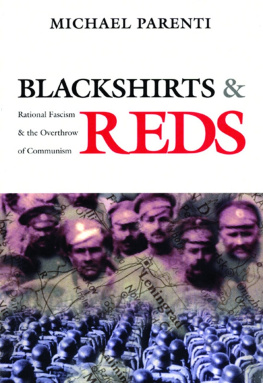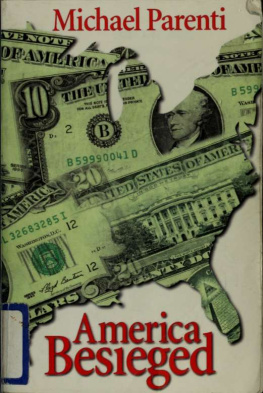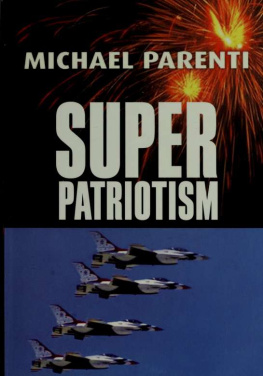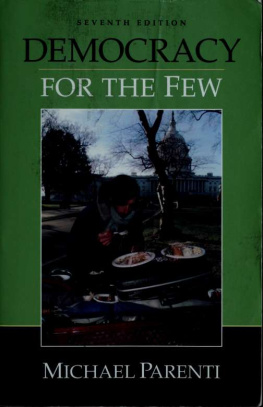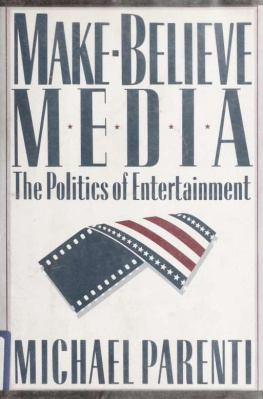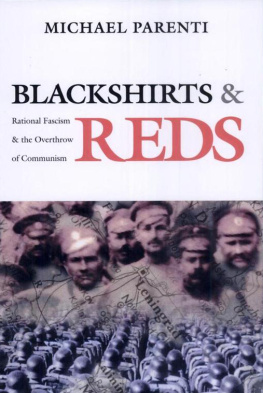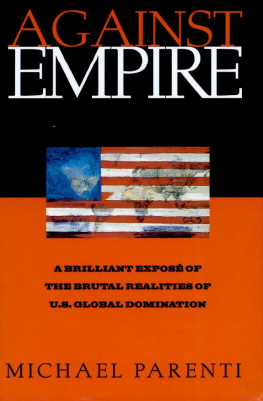Michael Parenti - Contrary Notions: The Michael Parenti Reader
Here you can read online Michael Parenti - Contrary Notions: The Michael Parenti Reader full text of the book (entire story) in english for free. Download pdf and epub, get meaning, cover and reviews about this ebook. year: 2007, publisher: City Lights Publishers, genre: Politics. Description of the work, (preface) as well as reviews are available. Best literature library LitArk.com created for fans of good reading and offers a wide selection of genres:
Romance novel
Science fiction
Adventure
Detective
Science
History
Home and family
Prose
Art
Politics
Computer
Non-fiction
Religion
Business
Children
Humor
Choose a favorite category and find really read worthwhile books. Enjoy immersion in the world of imagination, feel the emotions of the characters or learn something new for yourself, make an fascinating discovery.
- Book:Contrary Notions: The Michael Parenti Reader
- Author:
- Publisher:City Lights Publishers
- Genre:
- Year:2007
- Rating:3 / 5
- Favourites:Add to favourites
- Your mark:
Contrary Notions: The Michael Parenti Reader: summary, description and annotation
We offer to read an annotation, description, summary or preface (depends on what the author of the book "Contrary Notions: The Michael Parenti Reader" wrote himself). If you haven't found the necessary information about the book — write in the comments, we will try to find it.
Internationally acclaimed, award-winning author Michael Parenti is one of Americas most astute and engaging political analysts. Parentis work has enlightened and enlivened readers for many years, covering a wide range of subjects.
Here is a rich selection of his most lucid and penetrating writings on real history, political life, empire, wealth, class power, technology, culture, ideology, media, environment, sex, and ethnicity. Also included are a few choice selections drawn from his own life experiences and political awakening. Parenti goes where few political observers dare to tread. Time and again he takes the extra step beyond the parameters of permissible opinion, and time and again he succeeds in carrying the reader with him.
The selections herein, that are reprinted from previously published works, have been revised and updated. Other offerings appear here for the very first time.
Radical in the true sense of the word, [Parenti] digs at the roots which...sustain our public consciousness.Los Angeles Times Book Review
Prominent leftist public intellectual Parenti has built a reputation for himself as a trenchant, yet engaging and accessible, critic of capitalism, imperialism, and other forms of exploitation and violence and this diverse collection of his writings will not disappoint his fans (nor, probably, convince his detractors). Over the course of the collection he takes on the corporate media, intellectual repression in academia, the stolen presidential elections of 2000 and 2004 (not that hes a fan of Al Gore or John Kerry), right wing judicial activism, free-market orthodoxies and mythologies, racism, sexism, homophobia, postmodern attacks on Marxism, the distortions of dominant history, ill-informed demonizations of the Venezuelan political process, his own life, and many other topics.Book News, Inc.
A prolific author, a charismatic speaker, and a regular guest on radio and television talk shows, Parenti communicates his message in an accessible, provocative, and historically informed style that is unrivaled among fellow progressive activists and thinkers.Aurora Online
Michael Parenti is a critically acclaimed author and an extraordinary public speaker. He received his Ph.D. in political science from Yale University and has taught at a number of colleges and universities, in the United States and abroad. He is the author of twenty books, including Superpariotism , The Assassination of Julius Caesar, Inventing Reality, and Democracy for the Few.
Michael Parenti: author's other books
Who wrote Contrary Notions: The Michael Parenti Reader? Find out the surname, the name of the author of the book and a list of all author's works by series.

